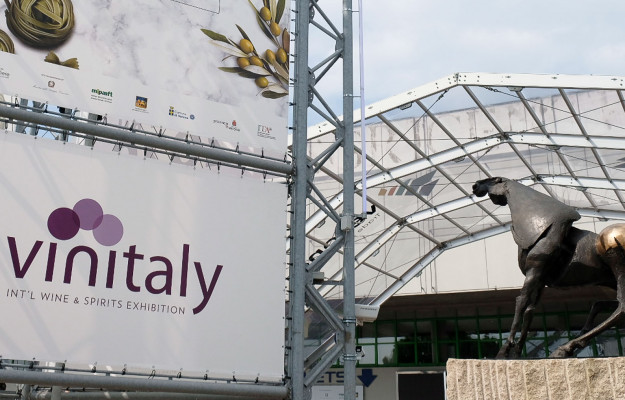The Italian trade fair system tries to restart, despite Covid, between uncertainties and paradoxes. Such as the presence of huge funds that would make it possible to restore a large part of the great losses of 2020 (-80% overall on a 2020 turnover of 1 billion euros, according to Aefi data), but which cannot be released either because the implementing decrees are lacking or because the “de minimis” issue, which Germany has already overcome, has not been resolved. An important brake on the scope of the refunds, which penalizes above all big fairs such as Veronafiere. Which, today, sees its main event, Vinitaly, confirmed on the calendar (from June 20 to 23, also working in synergy, on some aspects of safety and incoming, with the French Wine Paris & Vinexpo Paris, from June 10 to 16), with the deadline for participation moved to 12 April, and which, in recent days, in recent days, the Board of Directors has presented its 2021-2024 action plan, which “relies on relaunching and strengthening the “core” products of the VeronaFiere Group, on accelerating the processes of digitalization and internationalization”, but not only, and called on the shareholders’ meeting, at the beginning of April, for a 30 million euro capital increase.
“We are working for a safe Vinitaly, strongly contingent and oriented towards the recovery of domestic demand - said the Veronafiere CEO Giovanni Mantovani - as well as European demand. It is necessary to be ready to intercept non-European operators who in June will already be on the road to recovery because they have already been vaccinated. Italian wine cannot afford to lose this competitive advantage”.
With regard to the fall in turnover of the Italian exhibition industry, the CEO of Veronafiere hopes that the new Draghi government will soon implement the financing and non-refundable loans envisaged by the various decrees and that the “de minimis” limit can be exceeded, as Germany has already done: “if this were not the case, there would be a serious disparity with European competitors, which would put not only VeronaFiere but the entire sector at a standstill”.
An important topic, already addressed in recent days by WineNews, with Maurizio Danese, president of Veronafiere and Aefi, the Association of Italian Fairs.
“Between the Ministry of Cultural Heritage (now the Ministry of Culture) and the Ministry of Foreign Affairs there are 408 million euros allocated to restore the losses of the trade fair system, and then there are 450 million euros in Simest 450 million euros of financing, part of which is non-refundable, so the government, albeit late, has allocated important funds to restore the losses of trade fairs”, Danese explained. “The real issue is that in Europe there is always the regime of “de minimis”, so that Italian fairs can be restored to a maximum of 1.8 million euros, which are an important relief for small fairs that invoice 10-15 million euros per years, but insufficient for the 4 major organizers which are Milan, Verona, Bologna and Rimini, which invoice between 100 and 250 million euros. So we have important funds allocated, but there are no implementation decrees for practically everything, and therefore only a small part of these funds has reached the fairs but with the problem of de minimis, on which we have asked the government to intervene in Europe”, the president of Aefi had stressed.
In the European Union, Germany has opened an important path – added Danese – it has allocated 634 million euros of funds for the restoration of fairs, and has asked and already obtained from the EU Commission that its fairs be exempt from the “de minimis” regime. And, thus, German trade fairs can potentially be reimbursed 100 percent of their losses. This has opened a way, Italian fairs must have the same treatment, if this were not the case, we would be faced with a problem of unfair competition, unwanted, but in fact existing, with the German fairs restored and which would also have the tools to hoard Italian fairs”.
Which, in the meantime, are forbidden until March 5 by the Decree currently in force, and which in all probability, according to the drafts circulating, will also be forbidden in the new Decree that will be in force from March 6 to April 6. And on a more distant horizon than this, to date, there are no certainties.
Copyright © 2000/2026
Contatti: info@winenews.it
Seguici anche su Twitter: @WineNewsIt
Seguici anche su Facebook: @winenewsit
Questo articolo è tratto dall'archivio di WineNews - Tutti i diritti riservati - Copyright © 2000/2026







































































































































































































